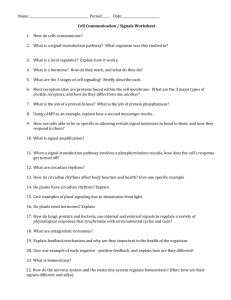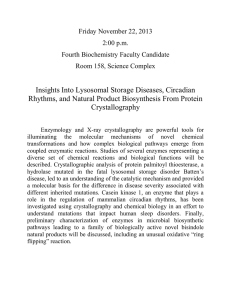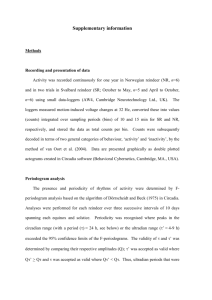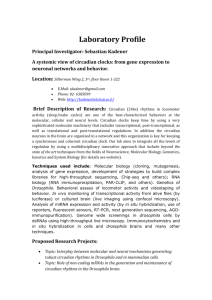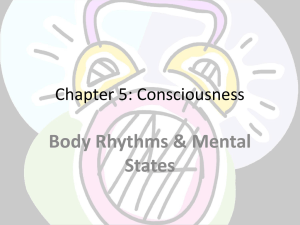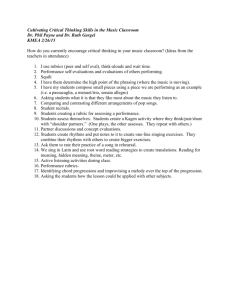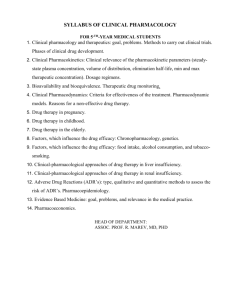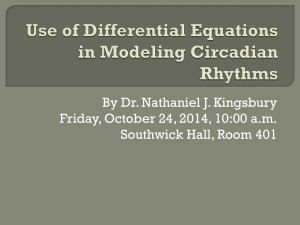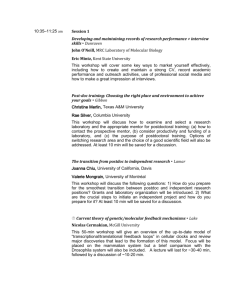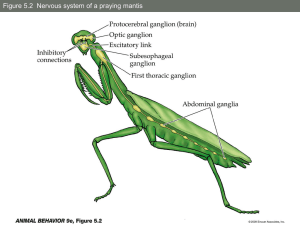BOX 39.4 CHRONOPHARMACOLOGY Many drugs, toxins, and
advertisement
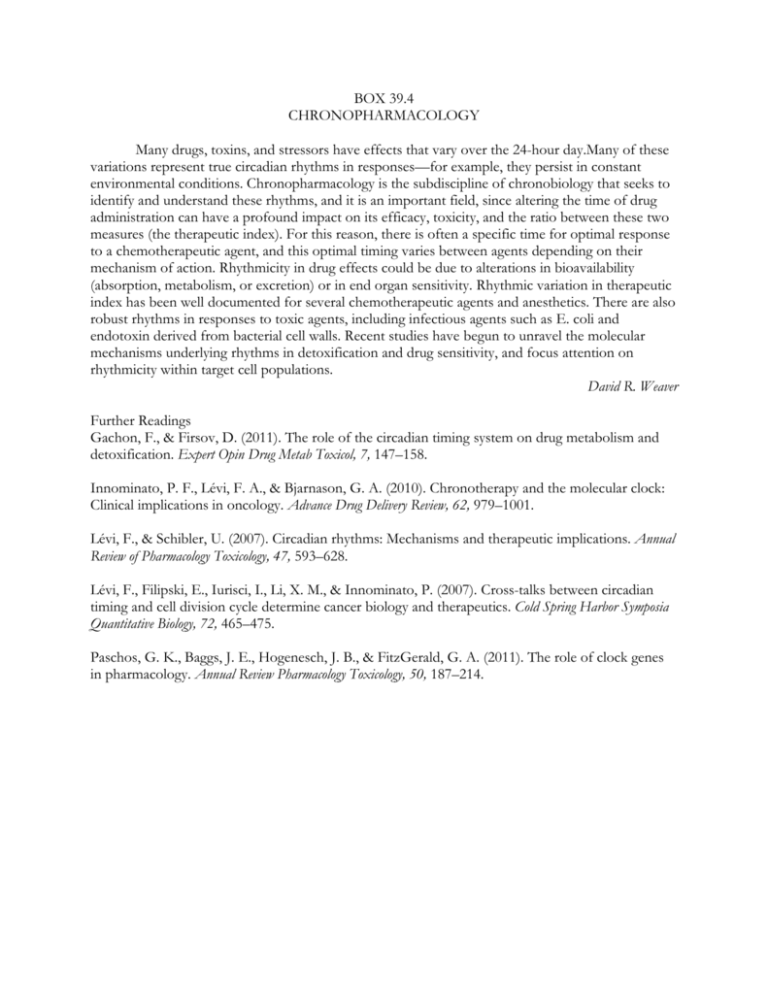
BOX 39.4 CHRONOPHARMACOLOGY Many drugs, toxins, and stressors have effects that vary over the 24-hour day.Many of these variations represent true circadian rhythms in responses—for example, they persist in constant environmental conditions. Chronopharmacology is the subdiscipline of chronobiology that seeks to identify and understand these rhythms, and it is an important field, since altering the time of drug administration can have a profound impact on its efficacy, toxicity, and the ratio between these two measures (the therapeutic index). For this reason, there is often a specific time for optimal response to a chemotherapeutic agent, and this optimal timing varies between agents depending on their mechanism of action. Rhythmicity in drug effects could be due to alterations in bioavailability (absorption, metabolism, or excretion) or in end organ sensitivity. Rhythmic variation in therapeutic index has been well documented for several chemotherapeutic agents and anesthetics. There are also robust rhythms in responses to toxic agents, including infectious agents such as E. coli and endotoxin derived from bacterial cell walls. Recent studies have begun to unravel the molecular mechanisms underlying rhythms in detoxification and drug sensitivity, and focus attention on rhythmicity within target cell populations. David R. Weaver Further Readings Gachon, F., & Firsov, D. (2011). The role of the circadian timing system on drug metabolism and detoxification. Expert Opin Drug Metab Toxicol, 7, 147–158. Innominato, P. F., Lévi, F. A., & Bjarnason, G. A. (2010). Chronotherapy and the molecular clock: Clinical implications in oncology. Advance Drug Delivery Review, 62, 979–1001. Lévi, F., & Schibler, U. (2007). Circadian rhythms: Mechanisms and therapeutic implications. Annual Review of Pharmacology Toxicology, 47, 593–628. Lévi, F., Filipski, E., Iurisci, I., Li, X. M., & Innominato, P. (2007). Cross-talks between circadian timing and cell division cycle determine cancer biology and therapeutics. Cold Spring Harbor Symposia Quantitative Biology, 72, 465–475. Paschos, G. K., Baggs, J. E., Hogenesch, J. B., & FitzGerald, G. A. (2011). The role of clock genes in pharmacology. Annual Review Pharmacology Toxicology, 50, 187–214.
